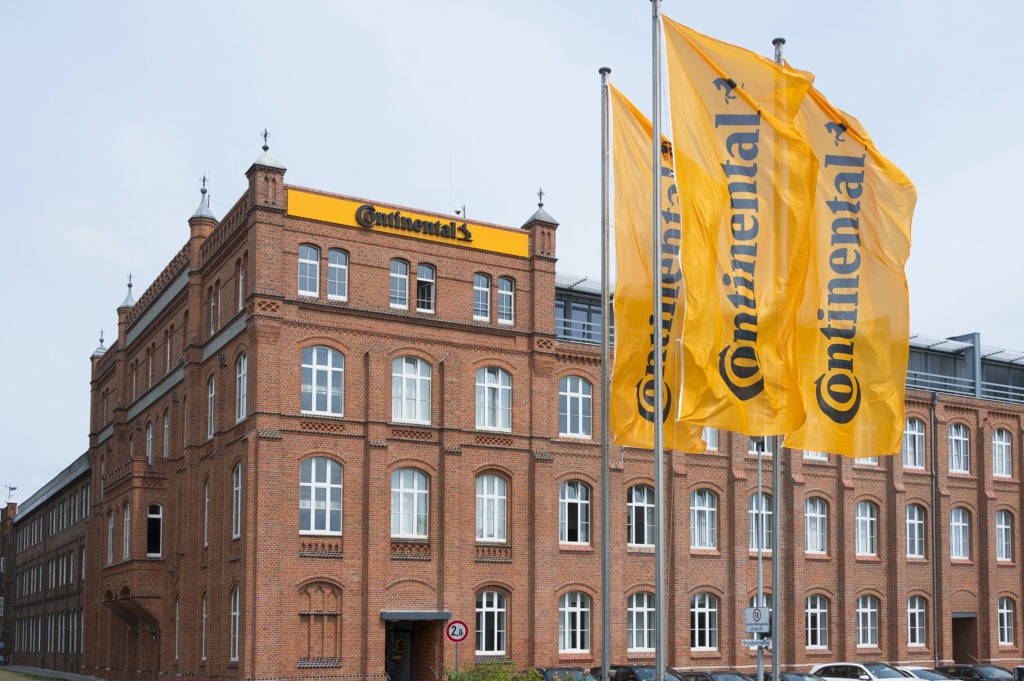Continental aims to make tyre business profitable for fleets
22 March 2018

22 March 2018
Technology and convenience are two areas that tyre manufacturer Continental is looking to develop as it aims to improve its offer to fleet businesses.
The company is conducting research into a new business model that will see them offer fleets the opportunity of renting tyres, rather than simply purchasing them outright. Such an idea could save fleets financially as they pay by the mile, meaning they can calculate costs more effectively.
′If you do not drive, you do not pay,’ Werner Köstler, head of strategy at the Conti Interior division told Automobilwoche. Both tyre and vehicle must be networked with sensors to analyse the condition of the product. ‘With this model, we add value because we swap the tire when it has a hole, so we want the vehicle to roll again,’ the manager said.
Meanwhile, the supplier has officially launched its new digital tire monitoring platform for commercial fleets, ContiConnect. The system helps fleets to maximise efficiency, by connecting tyre pressure monitor sensors (TMPS) to a central network. This, in turn, will send alerts to fleet managers when a vehicle’s tyre pressure is low.
Continental believes that by doing this, the fleet benefits from a reduced number of breakdowns, lower maintenance costs and also increased productivity by improving the vehicle’s runtime.
Michael Neuheisel, Head of Digital Solutions Commercial Vehicle Tyres, said: ′ContiConnect is the starting point for Continental to become a profound partner for tire-related data services. With this digital tire monitoring platform, we take a huge step forward in our evolution from a premium tire manufacturer to a solutions provider. We enrich our long-term experience in the tire industry with data created by sensors, starting with our truck, bus and specialty tyres.’
Continental is currently in the early stages of talks to restructure its business, which would enable it to compete in the electric and autonomous driving markets. Building its fleet business is a key aspect of this, and has already increased profits into ′triple digit’ millions.
In a short statement, the company says: ′We confirm media reports that we are in the early stages of analysing how our organisation can become even more flexible in response to the fast-changing environment in the automotive industry. In this process, we are being supported by external advisors. As of today, it is wide open if and which changes could result from these early evaluations. To date, there are no plans which could be submitted for approval.’